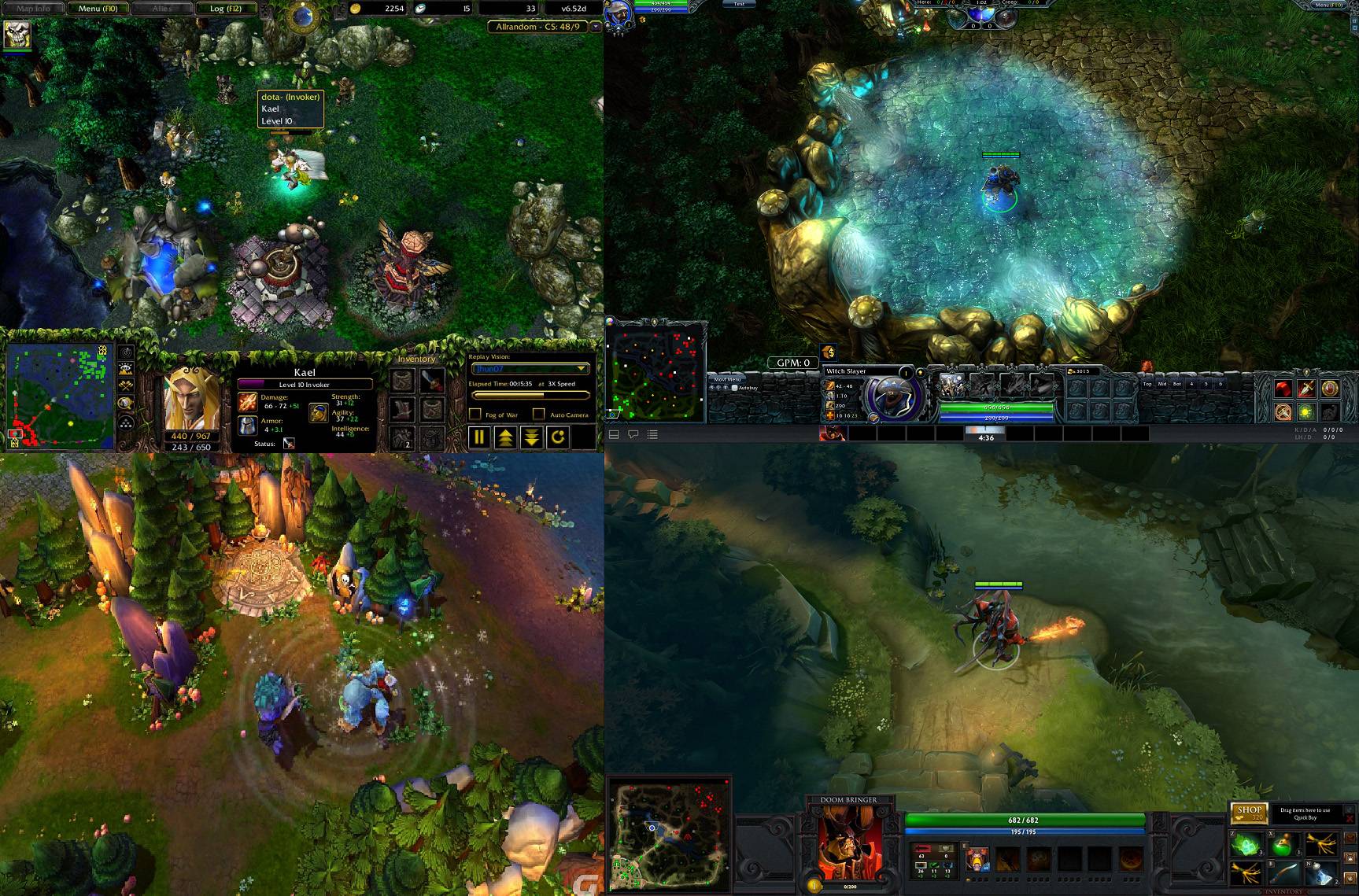
Video games as a learning genre to promote literacy, organic learning environments, and problem solving has been a subject of much research by academics; yet, despite their focus on video games, much of the spotlight has been on traditional MMRPGs for literacy practices, e.g. Everquest, World of Warcraft, Lineage, and so forth, while psychology and therapeutic fields turn towards educational and health games. Given the vast developments in game engines and graphics in the past years, coupled with the industry’s move to mobile games and the innovation of new genres, it’s imperative that research be concurrent to evaluate new potentials/limitations/inquiries in video games.
Multiplayer Online Battle Arena (MOBA)’s been a relatively new genre in video games, and while the MOBA fad/trend in developers has plateaued, innovations still spring forth, with Korean developers taking on the mantle and affixing MOBA qualities on to other platforms (2D, isometric, 3D, brawler, etc.).
James Paul Gee claims that games develops problem solving and fosters organic community interactions. While this is certainly true, his references come exclusively from popular 2000s games. The most often researched strategy games linked to promote critical thinking are puzzle games, e.g. Limbo, Portal, Braid with a turn-based strategy vibe. On the other hand, real time strategy (RTS) genres such as Age of Empires and Starcraft are often ignore, even though they provide both macro and micro scale decisions — strategies and tactics — allowing players to develop flexible thinking.
MOBA started off as a subgenre of RTS and focused on micro-scale decisions. Recently, however, more games have been reverting to its RTS roots of macro strategy. With MOBAs, the burden of knowledge to understand new mechanics, game-specific qualities and characters promotes a new dimension of critical, on-the-spot thinking. Is this complexity helpful, and how does the MOBA genre fare as an educational tool compared to other game genres?


When I think about the educational benefits to video games, I typically think of how they encourage a growth-based mindset. For people playing video games, there is the expectation that you will lose. No one plans on getting through the Water temple in Zelda the first time through. You constantly fail in video games, whether that be on a fictional battlefield, through bad decisions while playing a real-time strategy game, or not getting through that level of Super Mario Bro’s fast enough. However, where failure in our regular lives seems to paralyze individuals, it is entirely expected in video games. I think it could be interesting to look at how video games foster a change in how people approach learning, along with how it connects to their ability to acquire literacy.